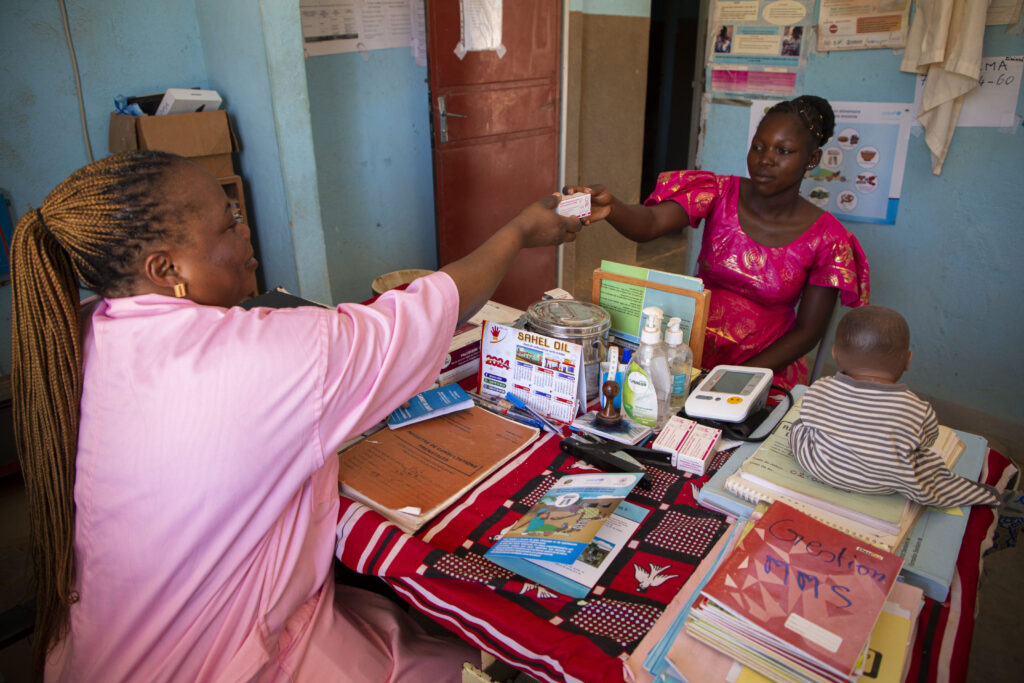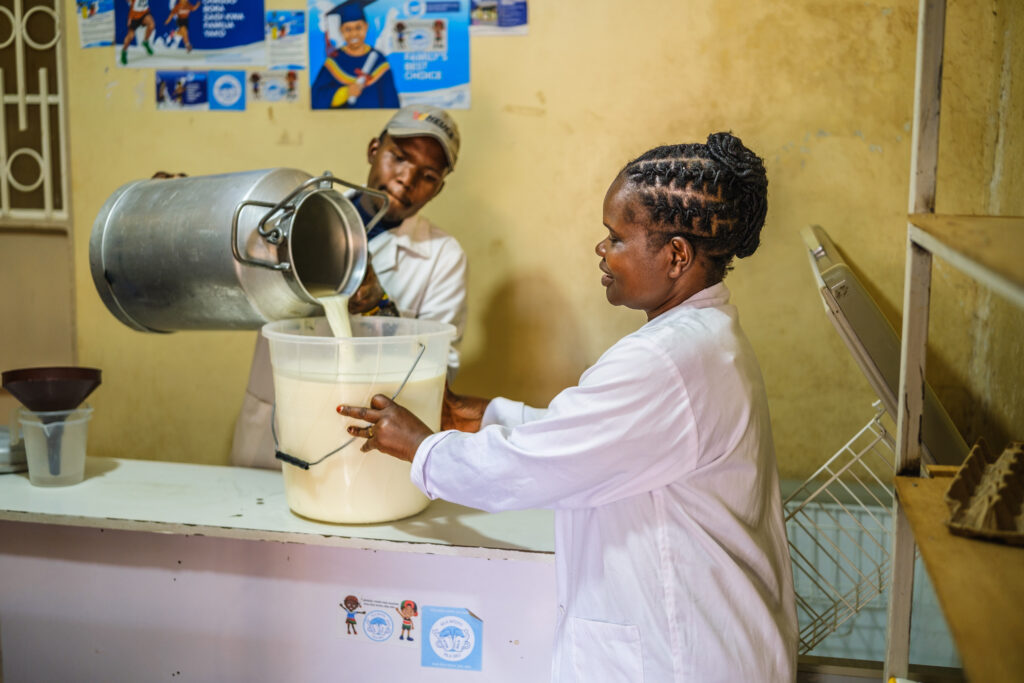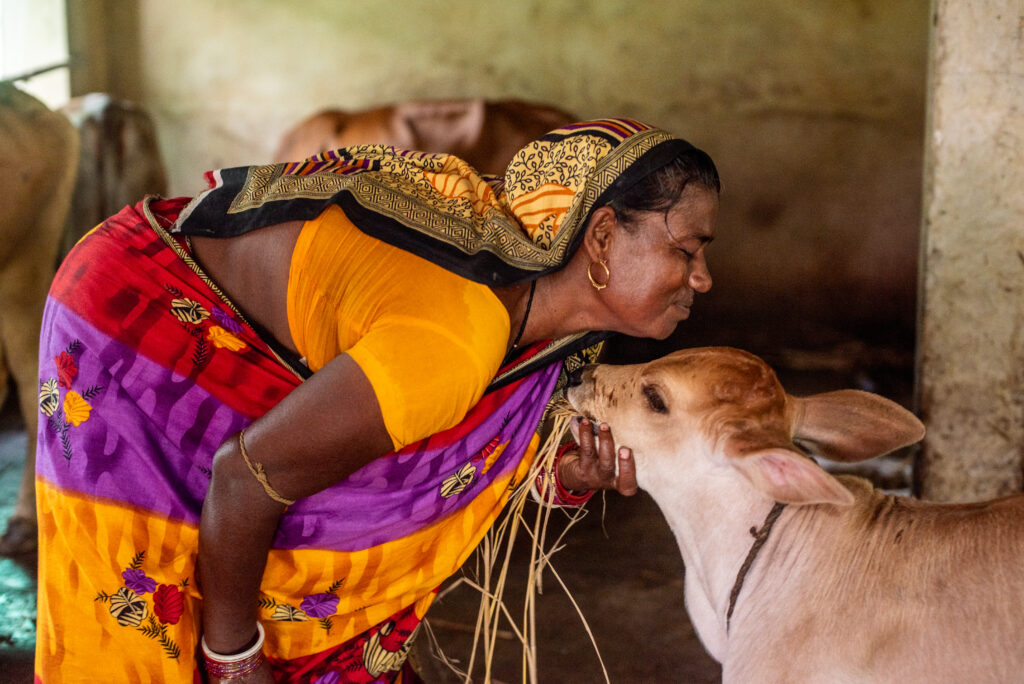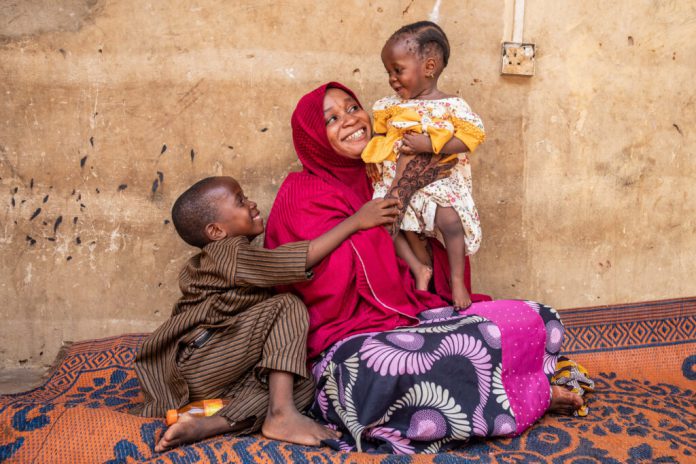NAIROBI, Kenya Sep 17 – The Goalkeepers Report from the Bill & Melinda Gates Foundation, released today, has highlighted the alarming decline in foreign aid to Africa, warning that reduced funding threatens the lives of millions of children in sub-Saharan Africa.
Despite accounting for more than half of all child deaths globally, the continent’s share of international aid has dropped from 40% in 2010 to just 25% in 2023—the lowest in two decades.
The report, titled “A Race to Nourish a Warming World,” warns that without urgent global action, climate change will exacerbate this crisis.
“Climate change will condemn an additional 40 million children to stunting and 28 million more to wasting between 2024 and 2050 if we don’t act now,” said Bill Gates, co-chair of the Gates Foundation. “This is not just a humanitarian issue but an economic one. The cost of undernutrition is staggering, with a $3 trillion annual loss in productivity due to stunted physical and cognitive development.”
The report highlights that in 2023, the World Health Organization estimated 148 million children suffered from stunting, where children fail to grow to their full potential, and 45 million experienced wasting, characterized by severe emaciation and weakness. “These forms of malnutrition are the most severe and irreversible,” Gates noted. “Without adequate support, these children face developmental delays and higher mortality risks.”
Read more about the Goalkeepers Report here: https://www.capitalfm.co.ke/news/2024/09/gates-foundation-report-calls-for-targeted-global-health-spending-to-save-millions-of-children-from-malnutrition-and-disease/
The dramatic reduction in aid comes at a time when Africa’s need is greatest. “The decline in foreign aid to Africa is alarming, especially given that over half of all child deaths occur in sub-Saharan Africa,” said Gates. “The international community must renew its commitment to global health funding to prevent this crisis from worsening.”

Despite the challenges, there are promising solutions. The report underscores several successful interventions, such as new agricultural technologies that have increased milk production and fortification of staple foods to combat anaemia and neural tube defects. “These tools have the potential to prevent millions of cases of malnutrition and support children’s health,” said Gates. “For example, in Ethiopia, fortifying salt with iodine and folic acid could lead to a significant reduction in anaemia and prevent a substantial number of deaths from neural tube defects.”
The Gates Foundation is calling for a recommitment to funding essential health programs and supporting platforms like the Child Nutrition Fund, which coordinates donor financing for nutrition. “If we maintain global health funding and support proven interventions, we can make a significant impact on child malnutrition and help combat climate change,” Gates emphasized.

The report also points to the economic impact of malnutrition, with losses ranging from 3% to 16% of GDP in low-income countries. “Addressing malnutrition is crucial not only for improving health outcomes but also for boosting economic growth,” Gates said. “Investing in nutrition makes it easier to tackle other global challenges, such as extreme poverty and disease.”
As the world faces multiple crises, Gates urges governments and donors to prioritize global health. “In a world where inflation, debt, and conflict are escalating, aid is not keeping pace with the most urgent needs,” Gates concluded. “We can and must do better. By addressing child malnutrition and supporting effective health programs, we can still rise to meet our greatest challenges and save millions of lives.”
The report also features voices from those on the ground, like Sushama Das, a dairy farmer in India, who has seen firsthand the benefits of improved agricultural practices. “The subsidies and training have transformed our lives, allowing us to earn more and improve our family’s well-being,” Das said.

As global health organizations prepare for upcoming funding replenishments, the Gates Foundation’s Goalkeepers Report serves as a critical reminder of the urgent need to address the malnutrition crisis in Africa and ensure that aid reaches those who need it most.
Source: capitalfm







